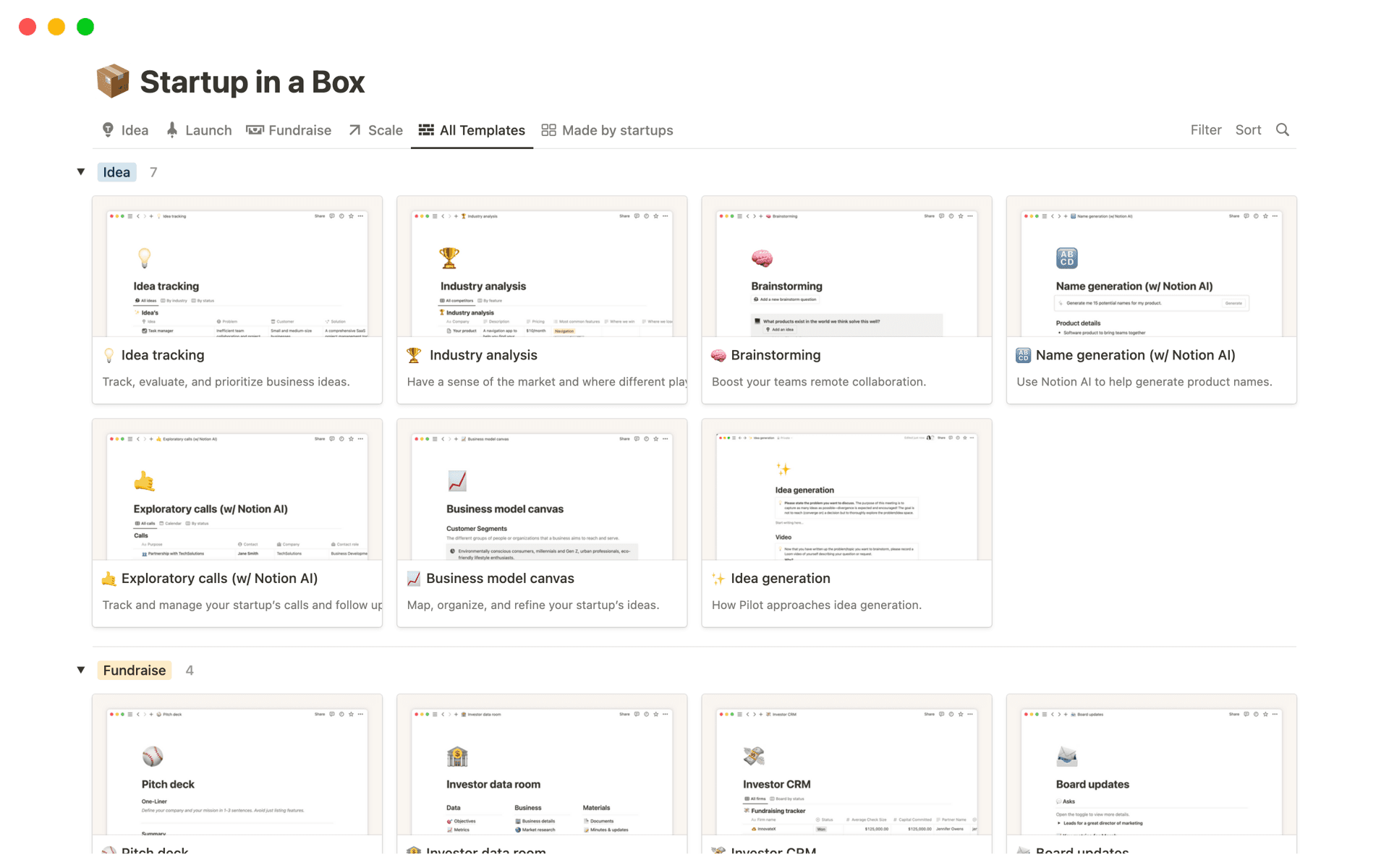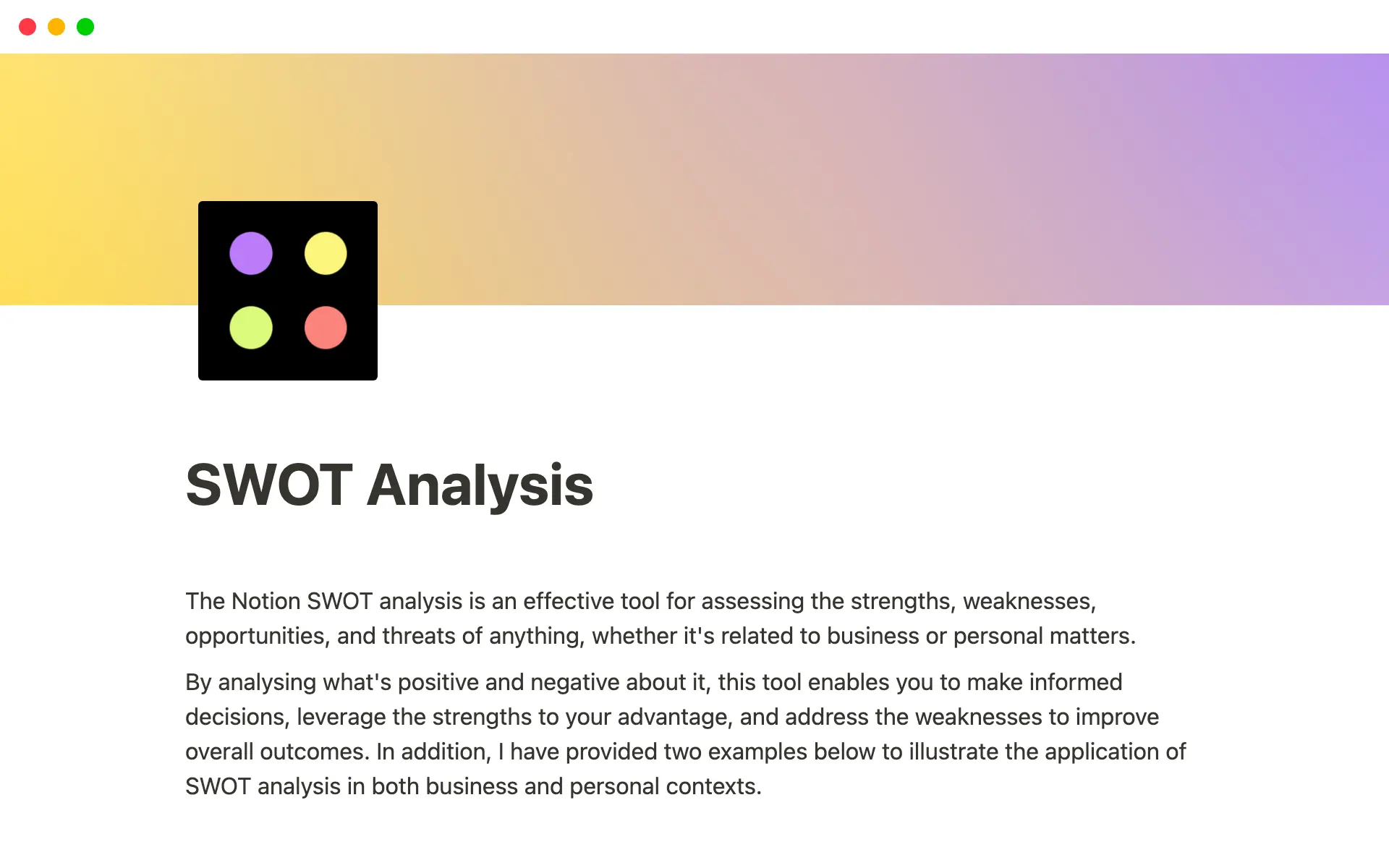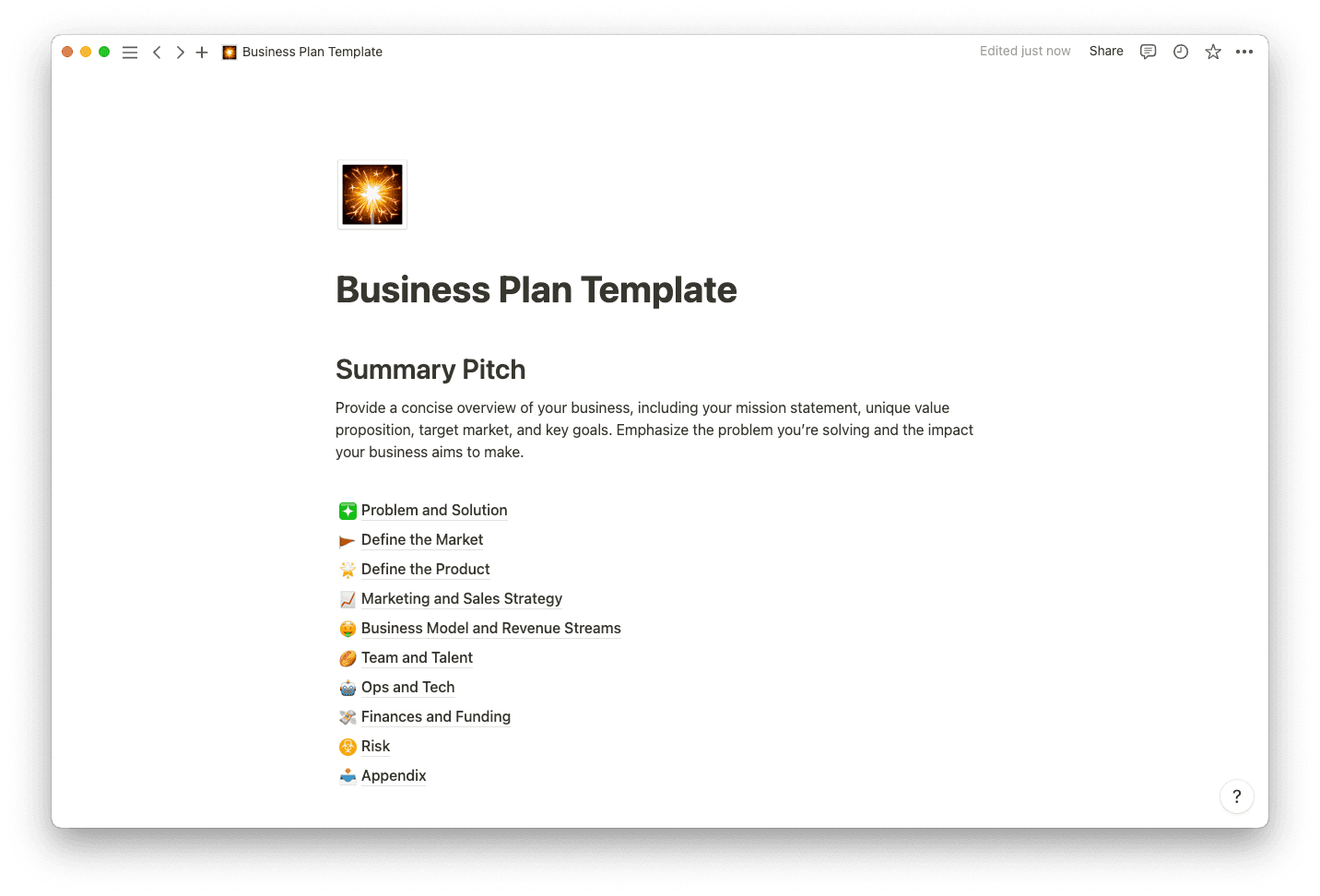Almost all American businesses are small businesses — 99.9%, to be exact.
And they account for a significant percentage of the country’s gross domestic product (GDP), with recent statistics estimating the impact at roughly 45%.
Your potential impact as a small business owner might seem unimportant in the crowd, but you’re a trailblazer. Like many others whose organizations now account for almost half the economy, you’re driven and ready for a challenge. And you can contribute to that percentage with a little grit.
But before diving in, there are some things to consider when starting a business to set yourself up for success. The right preparation can make or break your pursuit. This is your chance to start strong.
Why start a business?
Before starting a business, you need to be sure this path is for you. You might want a leadership role, flexible hours, and a job in a sector you’re passionate about — and you don’t need to be an entrepreneur to do these things. Maybe finding a new job is a better choice for you.
But you might also like the idea of developing a new product or service that excites, and positively benefits, the people around you. Bringing that product or service to fruition is reason enough to start a business, or at least explore the option and decide whether it’s viable. That’s why it’s vital to do your research and know what you’re getting into before investing your time — and likely your money.
So, should you start your own business? If the idea intrigues you, the only way to answer the question is to run through the variables and dive deeper into your goals. By doing so, you’ll explore your business’s feasibility, target audience, and financial potential.
9 things to consider when starting a business
Going into business for yourself is an exciting move that can change your life. But with some less than favorable success rates — 65% of small businesses fail in the first 10 years — you should plan carefully.
Here’s what to know before starting a business, broken down into nine essential steps.
1. Find your niche
Successful businesses provide a product or service that has a space in the market. Otherwise, consumers won’t buy into it, and investors won’t contribute.
Do some market research to figure out what your company should offer. If you have a concept already, like a new type of software, learn whether it already exists. There might be a similar tech startup out there, and you’ll have to determine what features set your product apart.
The same logic applies to physical products or brick-and-mortar business ideas, like shops and restaurants. If you’re considering opening an Italian restaurant in your town, make sure you have a unique offering that stands out from similar locales. Every Italian restaurant has pasta, but only one might offer a squid ink special — and that unique dish would set you apart.
2. Know your audience
You have a winning business idea. This is a solid first step. But before launching your business, determine your target audience and make sure they’re within reach. If you want to run a boutique that targets young adults, ensure that this demographic exists and has purchasing power in your geographical area.
Once you decide who your target audience is, study its needs and buying trends. There’s no sense in selling dress pants if your customers want jeans. Knowing your audience will also help you determine the look and feel of your business and properly market your offering.
3. Learn how to register your business
This is the technical part. You should decide on the legal structure for your business, like a limited liability company (LLC) or sole proprietorship. Then you’ll need to read up on the regulations and steps for registration, like incorporation, requesting an employer identification number (EIN), and securing the necessary business licenses.
Many of these standards vary by state, so be sure to research the local rules. If you’re serious about your business, contacting a lawyer to help you navigate the process is a great choice, especially when it comes to LLCs.
4. Write a business plan
Once you have a good idea of your niche, audience, and registration structure, draft a business plan. This document will guide decisions and solidify talking points for when you pitch to investors and lenders.
Business plans generally include a few different sections:
Executive summary
Business description
Information on the target market and competition
Methodology for advertising services, like a marketing plan
Operational procedures
Budgeting data, like balance sheets and financial statements
5. Name and brand your business
After you pin down your offering and audience, establish a brand. Start with a memorable business name and make sure nobody else is using it. This is an excellent time to secure your web domain, too, so no other entrepreneurs snag it before you can launch.
Then, start creating brand guidelines. Develop a logo or hire a professional graphic designer to help. Decide on brand colors, fonts, and voice, and document these choices so you market your business in the same way in all outlets. New employees or third parties should also know how to present your brand correctly.
6. Understand your tax obligations
As a business owner, you should understand your tax filing structure and obligations before you open up shop. Misfiling or not meeting deadlines can lead to penalties and fees. And at this stage you'll also want to consider potential business grants or small business loans to get you off the ground.
If you’re uncomfortable navigating taxes alone, or are launching an operation with more complex obligations (such as a business with employees), get help from accounting and human resource professionals. It’s worth doing your due diligence here.
7. Get insured
All businesses, from home-office operations to larger companies, entail risk. An employee could have an accident in your space, your equipment could sustain damage, or a client could defame you for an error or omission. It might seem overwhelming, but you should plan for the worst.
Research your business’s risks and find insurance plans that cover those potential events. If you plan on scaling and eventually providing benefits, familiarize yourself with health, dental, and life insurance options for you and your future employees, too.
8. Build strong communication platforms
A successful product launch needs an audience, so set up communication platforms and establish social proof beforehand. Create a branded professional website and social media accounts, and start growing your following before you’re even in business. Investing in advertising or influencer marketing to build hype and get the word out is a great start.
You can also set up a mailing list via your website and store leads in a secure customer relationship management (CRM) tool. This way, you can easily send out email blasts and segment your audience to target specific groups to build loyalty.
9. Pick the right time to launch
Nobody wants to try a new ice cream in the dead of winter. Launching your business at the right time could be essential to its success. This step requires market research about how and when your target audience invests, as well as the health of the overall economy.
Once you have an informed idea about when to launch, stick to it. Some businesses flounder because they wait too long, and the economy downturns or a competitor beats them to their idea. If you’re ready, dive in.
Go further with Notion
Don’t stop at starting a business checklist. Take yourself across the finish line with templates and articles that solidify your plan.
Use Notion’s startup-in-a-box template to build and scale your business idea, company goals template to set reasonable objectives, and funding guide to navigate seeding investments and loans. Plus, learn how to write an exceptional company profile. Organize everything in Notion.







